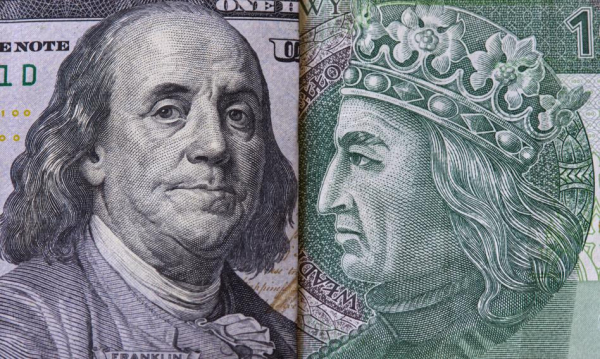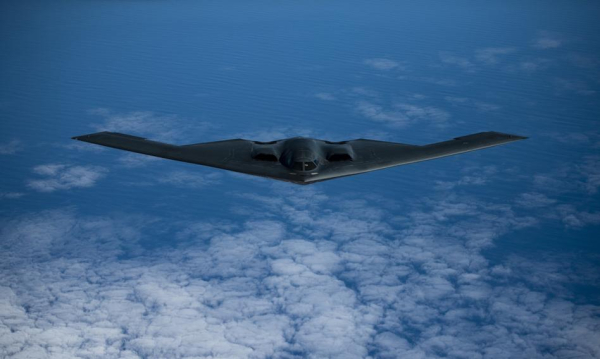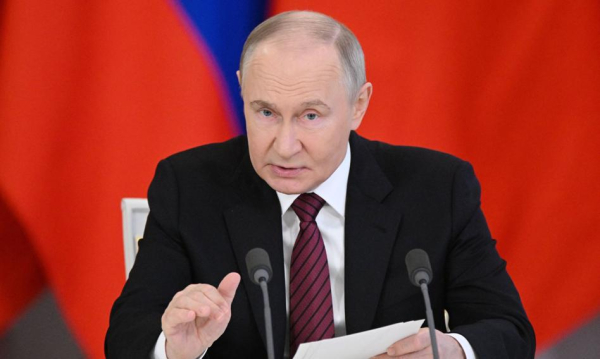After the US attack on Iran, we can expect a flight to safe assets, i.e. a strengthening of the dollar and a weakening of the zloty, but this effect should be moderate, PKO BP economist Mirosław Budzicki told PAP.

On Sunday, the US carried out an attack on three nuclear facilities in Iran. US President Donald Trump also said that there are no plans for further attacks on Iran. Earlier, more than a week ago, Iran was attacked by Israel.
“The reaction to what happened will be a classic risk off, i.e. a flight to safe assets . We can expect the dollar to strengthen, which has been gaining in value moderately for some time now. Moderation, because the dollar has been generally behaving weaker recently due to the change in the US economic policy,” PKO BP bank strategist Mirosław Budzicki told PAP.
On Friday, the dollar exchange rate at the end of trading was around 1.15 euros.
According to the economist, this retreat from risky assets will also be visible on stock exchanges, where we can expect a drop in indices. In the case of Poland, we can expect a weakening of the złoty, but it should be moderate.
“What is happening in the Middle East has not affected the zloty's quotes for now, they are quite stable. But it should also be noted that recently we have had events such as the vote of confidence in the government or the change of the Monetary Policy Council's position to less dovish, which should strengthen the zloty. The fact that this did not happen suggests that global factors did not help the zloty. I think that now we can expect the zloty to weaken, but it will be moderate and short-lived,” the economist said.
On Friday, at the end of trading, the euro cost nearly PLN 4.27, and the dollar just over PLN 3.7.
Mirosław Budzicki pointed out that bond yields reacted somewhat differently to recent events. In general, the retreat from risky assets should lead to an increase in the prices of bonds of countries such as the US, i.e. to a decrease in yields. Meanwhile, these changed only slightly.
“These events are taking place in the Middle East, a region rich in oil and gas. The market fears that the attacks will block the Strait of Hormuz and, as a result, limit the supply of oil and gas in the world. Oil prices have already risen significantly after Israel's attack on Iran, the price of a barrel of Brent oil has increased from around $70 to around $78. The increase in oil prices has a pro-inflationary effect, which in turn may lead to a halt or limitation of rate cuts that the market expects, and this leads to an increase in yields. So on the one hand, we have concerns about the escalation of the conflict, which should lead to a decrease in yields, and at the same time, concerns about inflation may lead to their increase, so both effects cancel each other out,” Budzicki said.
He emphasized that a similar effect was also visible in the case of Polish bonds and the yields on Polish securities were also quite stable. He added that the key to further developments will be how long the conflict will last and whether Iran's response will be limited. He recalled that so far Iran – contrary to announcements of attacks on US bases – has limited itself to bombing Israel with missiles and drones.
“If Iran's response remains limited, then the market will probably assume that the conflict will remain limited and we can expect only a moderate market reaction, similar to what we have had so far. However, if it turns out that Iran decides to escalate and responds, for example, with attacks on American bases or bases of European countries, then we can expect a more significant outflow from risky assets,” said Mirosław Budzicki. (PAP)
ms/ js/





